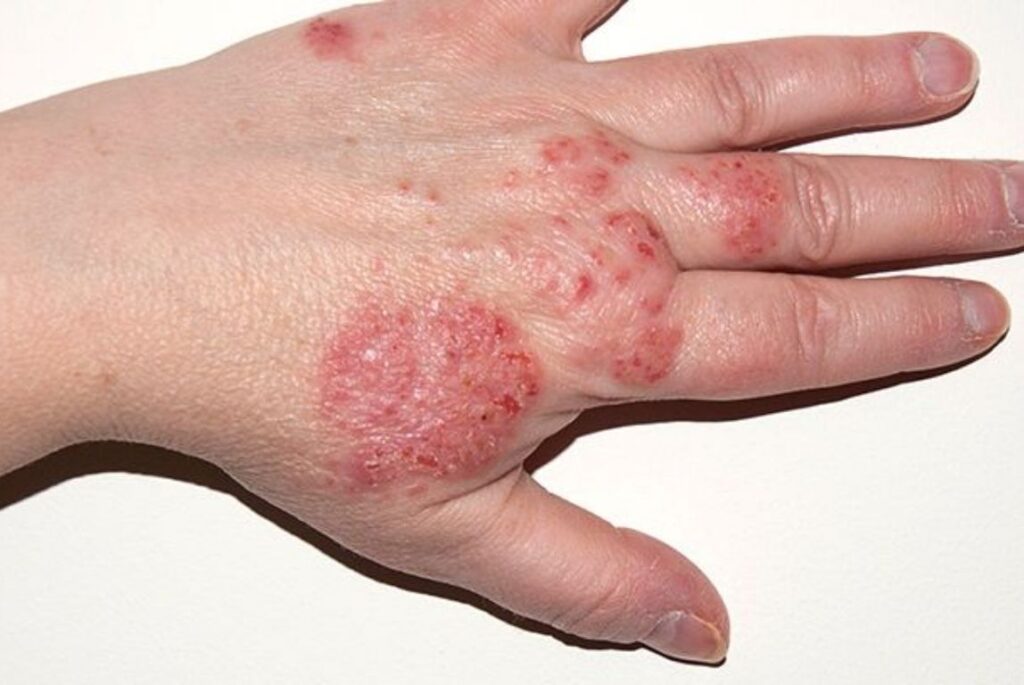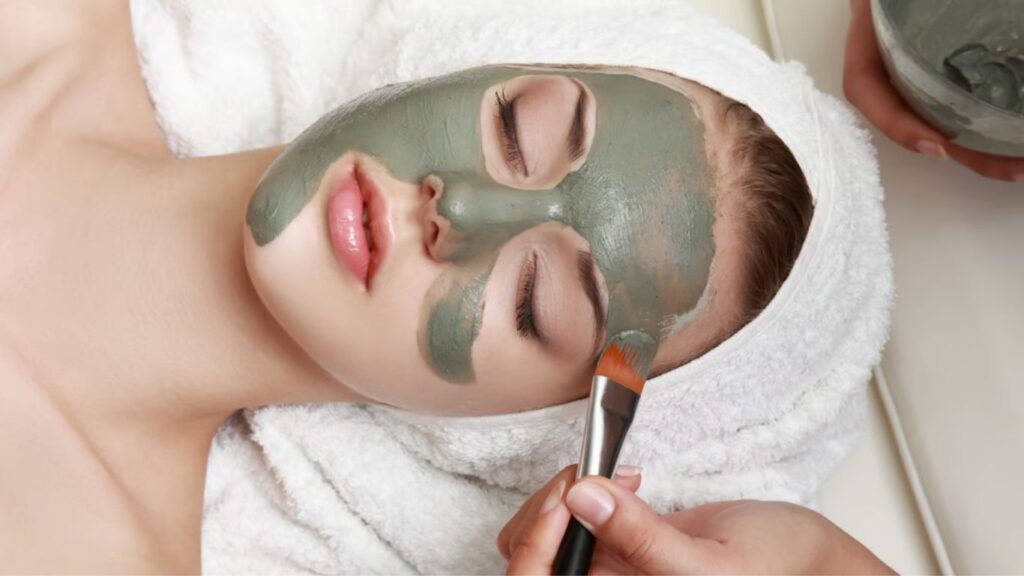Nimba, scientifically known as Azadirachta indica and commonly referred to as Neem, has long been celebrated for its medicinal properties, particularly in traditional Indian ayurvedic medicine. Its ability to address various skin conditions, including acne, eczema, and skin infections, makes it a powerful natural remedy. This blog will explore how Nimba can be utilized effectively to enhance skin health, focusing on its role in fighting acne, managing eczema, and combating skin infections.
Nimba for Skin Health: Fighting Acne, Eczema, and Skin Infections Naturally
The Multifaceted Benefits of Nimba for Skin
Neem’s rich composition of bioactive compounds, including nimbin, nimbidin, and azadirachtin, gives it potent antibacterial, antifungal, anti-inflammatory, and antioxidant properties. These qualities make it a versatile solution for a wide range of skin issues:
Acne Treatment
Acne is primarily caused by the overproduction of sebum, which clogs pores and creates an environment for bacteria to thrive. Neem’s antibacterial properties help to eliminate the bacteria that cause acne, reducing inflammation and preventing future breakouts. The fatty acids in neem oil, such as linoleic acid, also play a crucial role in maintaining the skin’s moisture balance without clogging pores, which helps to keep acne at bay.Moreover, Neem’s ability to reduce excess oil production can further help in managing oily skin, a common contributor to acne. Regular application of Neem oil or a Neem powder face mask can help clear existing acne and prevent new blemishes from forming.
Managing Eczema and Psoriasis
Eczema and psoriasis are chronic skin conditions characterized by inflammation, redness, and itching. Neem’s anti-inflammatory properties are particularly beneficial in soothing irritated skin and reducing the symptoms associated with these conditions. The active compounds in Neem, such as nimbidin, have been shown to suppress the inflammation and irritation that typically accompany eczema and psoriasis.Applying Neem oil directly to the affected areas can provide relief from the discomfort of eczema and psoriasis. The oil’s ability to penetrate deep into the skin layers allows it to deliver its therapeutic effects effectively, providing lasting relief.

Combatting Skin Infections
Skin infections, whether bacterial or fungal, can cause significant discomfort and damage to the skin if left untreated. Neem’s potent antifungal and antibacterial properties make it an excellent natural remedy for treating a variety of skin infections, including ringworm, athlete’s foot, and fungal nail infections.Neem’s compounds like gedunin and nimbidol have been found to inhibit the growth of fungi and bacteria, making Neem oil or Neem-infused water an effective treatment for infections. A Neem bath, where Neem powder is added to bathwater, can help soothe the skin, reduce inflammation, and cleanse the skin of harmful pathogens.
How to Use Nimba for Skin Health
Neem Oil Application: Neem oil can be applied directly to the skin to treat acne, eczema, and other skin infections. For those with sensitive skin, it is advisable to dilute the oil with a carrier oil, such as coconut oil, before application. This mixture can be applied to affected areas and left on the skin for several hours or overnight for maximum benefits.
Neem Powder Face Mask: A Neem powder face mask can be made by mixing Neem powder with rose water or honey to form a smooth paste. Applying this mask to the face can help reduce acne, soothe inflamed skin, and brighten the complexion. Leave the mask on for about 15-20 minutes before rinsing off with lukewarm water.
Neem Bath: Adding Neem powder to bathwater can provide a soothing and detoxifying experience for the skin. This method is particularly beneficial for those suffering from widespread skin infections or chronic conditions like eczema. Soaking in a Neem bath for 20-30 minutes can help reduce inflammation, cleanse the skin, and promote healing.
Neem Poultice: For targeted treatment of skin infections or inflamed joints, a Neem poultice can be made by mixing Neem powder with water to create a thick paste. This paste can be applied directly to the affected area and covered with a clean cloth. The poultice can be left on for several hours to allow the Neem to work its magic.

Precautions and Considerations
While Neem is generally safe for topical use, it’s important to exercise caution, particularly if you have sensitive skin or allergies. Always perform a patch test before applying Neem products extensively. Additionally, Neem oil can increase photosensitivity, so it is advisable to avoid direct sunlight after application or to use sunscreen to protect the skin.
Pregnant and breastfeeding women should consult with a healthcare provider before using Neem products, as their safety during these periods is not well-established. Similarly, individuals with existing health conditions or those taking medications should seek medical advice before incorporating Neem into their skincare routine.
Conclusion
Nimba (Azadirachta indica), with its broad spectrum of therapeutic properties, offers a natural and effective solution for managing acne, eczema, and various skin infections. By incorporating Neem into your skincare routine, you can harness its healing power to achieve clear, healthy, and radiant skin. Whether through the use of Neem oil, Neem powder, or Neem-infused water, this ancient remedy continues to prove its worth in the modern skincare landscape.
Also read: How Your Eating Habits Affect Your Skin
